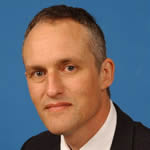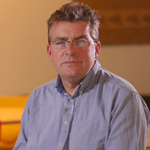Paul van Gardingen is Director of ESPA (Ecosystem Services for Poverty Alleviation), a research programme part-funded by ESRC, delivering evidence and tools to create a more sustainable link between land and livelihoods in the world’s poorest countries.

I recently visited Bangladesh to attend the annual meeting of the Poverty Environment Partnership (PEP), a group that shares the common aim of promoting the integral role the environment can play in alleviating poverty. Continue reading


